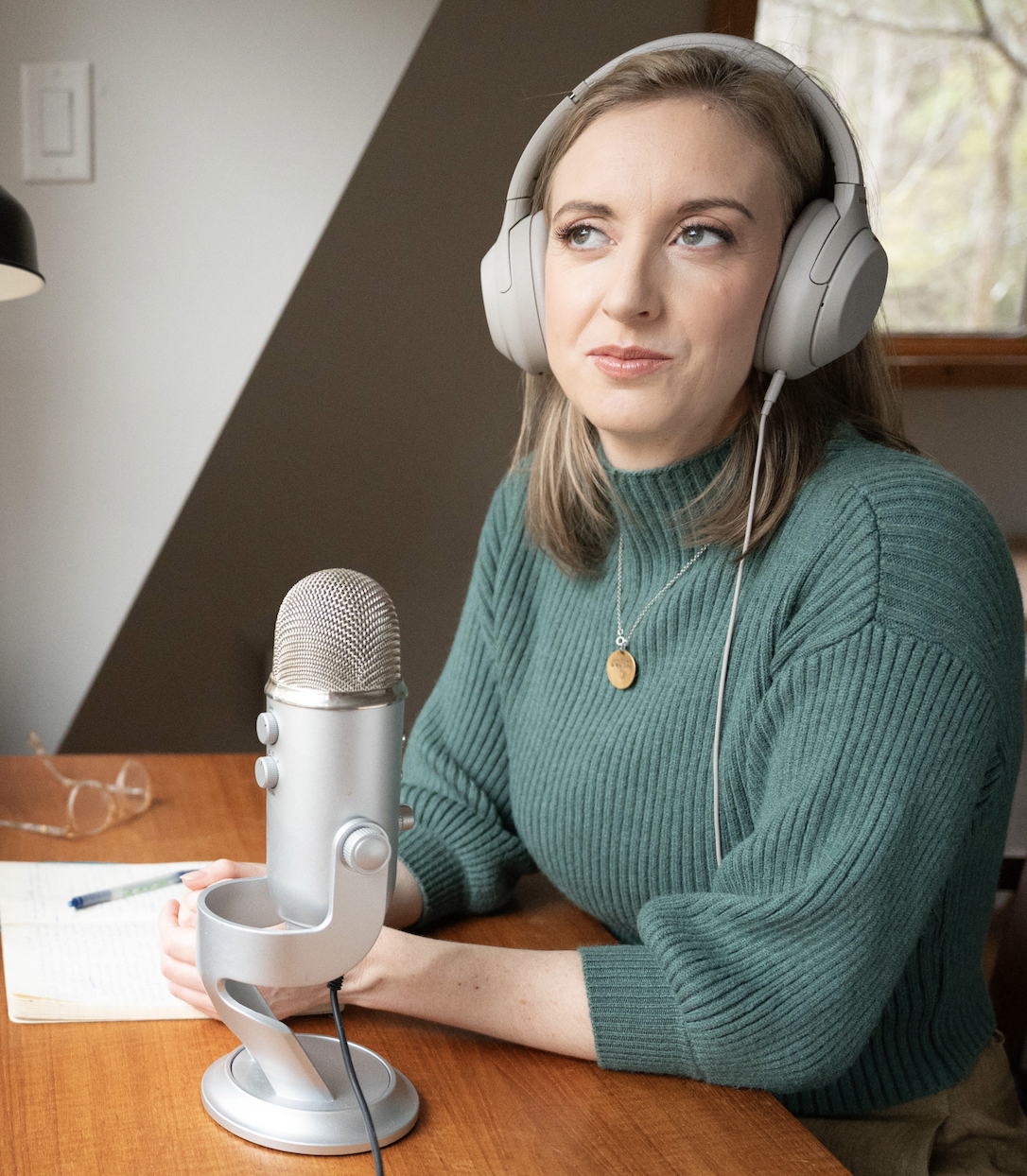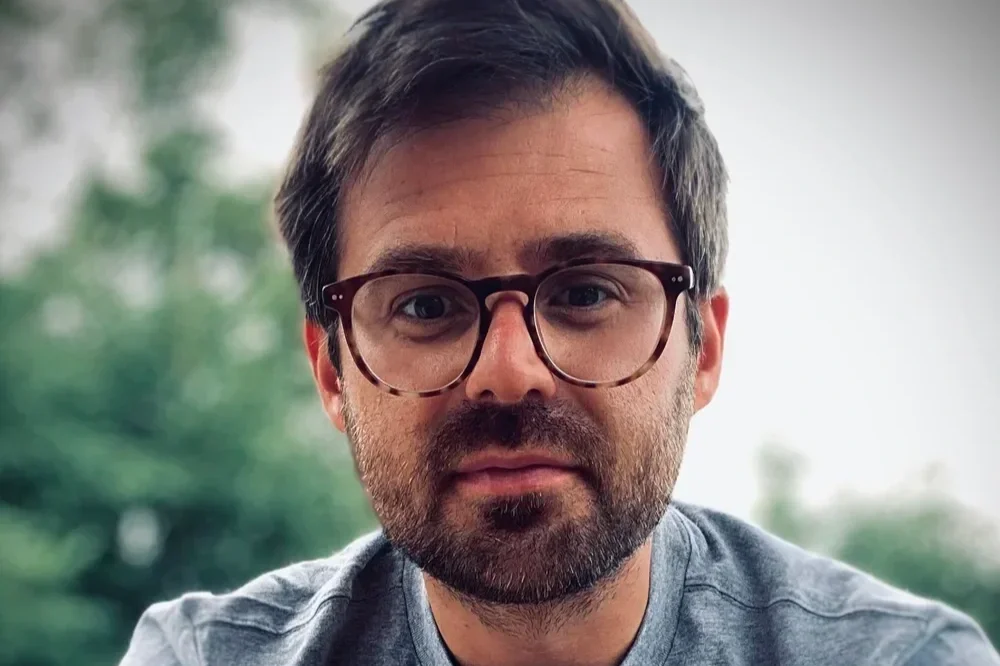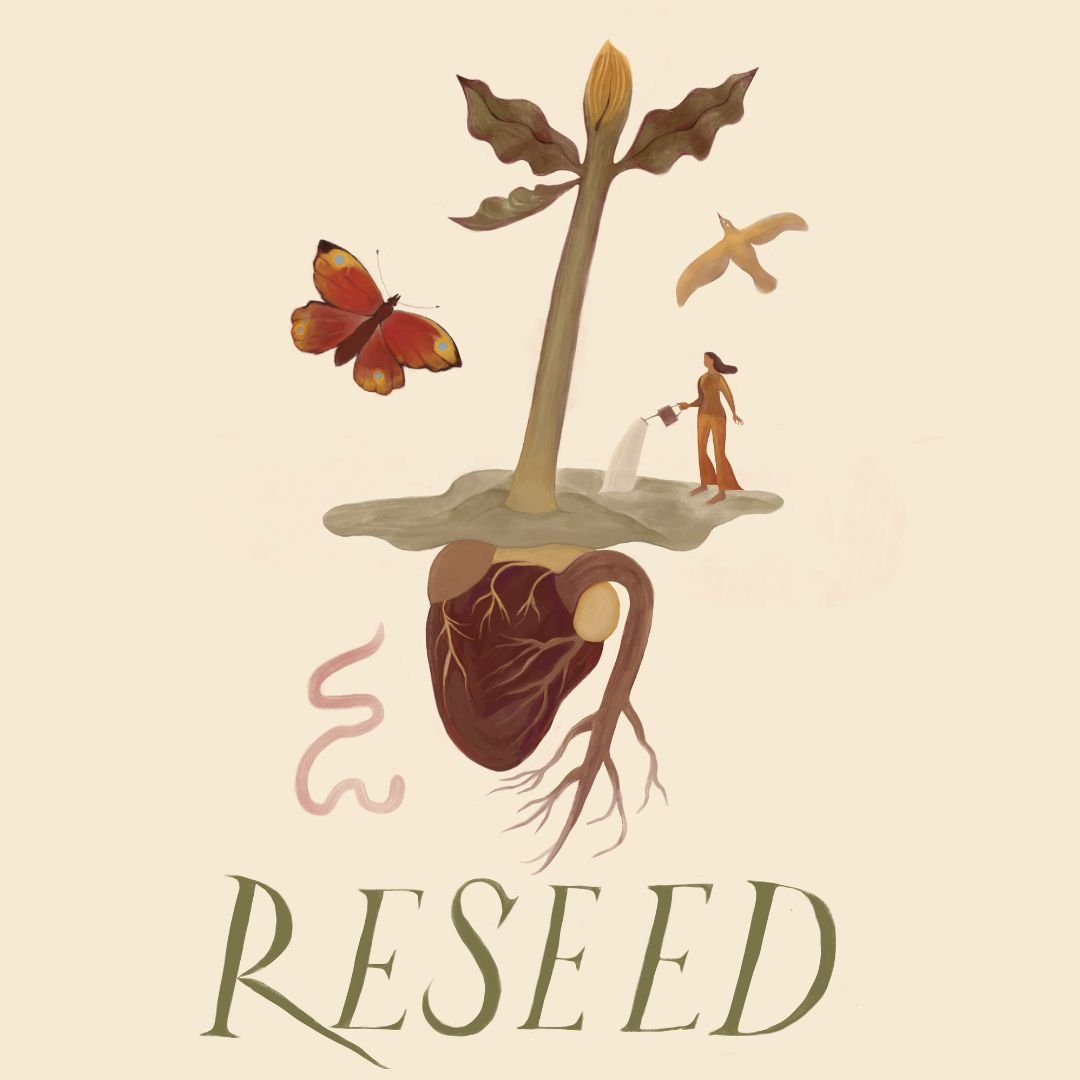
A podcast about repairing our relationship with nature.
Thoughtful conversations about our collective journey from takers to caretakers.
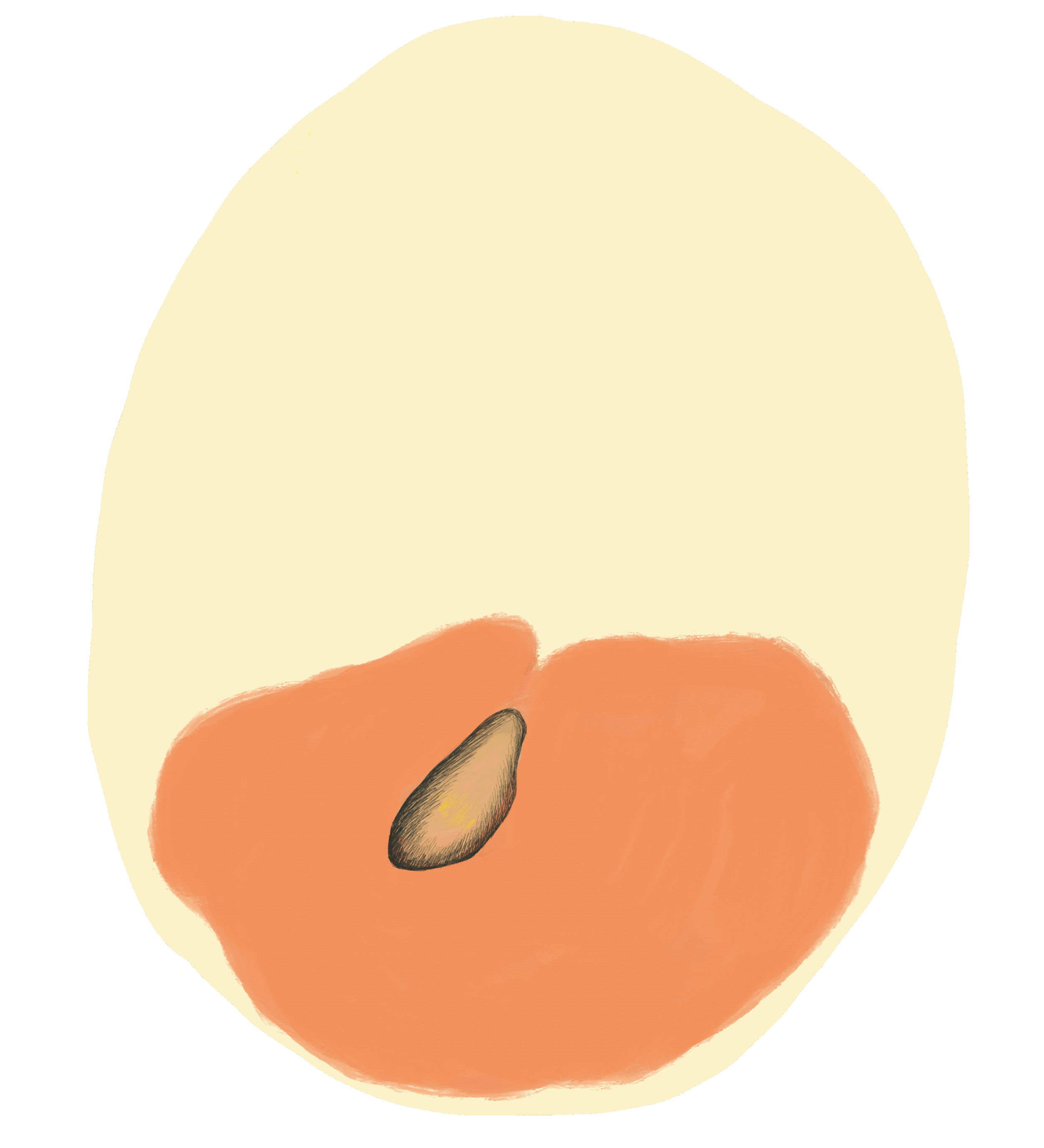
Reseed tells the stories of people who are repairing our relationship with nature and cultivating a world rooted in care, justice, and well-being.
Latest Episodes
As children, we have our own hidden worlds. This beautiful conversation with children’s author Jon-Erik Lappano looks at being our innate selves, while finding pockets of wildness and writing.
We talk about unmitigated and imaginative play in nature. We look at the joy of the creative process, and what it feels like to make something (like a beautiful book) that you can hold in your hands. We talk about good storytelling, what it feels like to have a secret language with animals, and how we each relate to the world, even if that is quiet or quirky. We talk about darkness—the painful fleetingness of time, being swallowed up by the forest—but also wonder and magic.
Jon-Erik Lappano is a Governor General’s Literary Award-winning Canadian author of books for children. He stays up unreasonably late working on things, and at his age, he should really know better. He lives in Stratford, Ontario, in a wild old house occupied by his wonderful, patient wife, three lovely, lawless children, and an unseemly number of pets.
His new book, The Language of Birds, was published this week by Random House Studio and is illustrated by Zach Manbeck.
We can be helpers, we can be witnesses, we can refuse to give up. While the fragile ceasefire is cause for some timid relief, we can’t look away. Action needs to be sustained.
To mark the 50th episode of Reseed, this episode will be a bit different: here are 50 actions for Gaza.
Here are 50 actions to take—but the intent is to start with one action. This is meant to be helpful, after all, not overwhelming. This episode is is also not meant to be perfect or prescriptive, but rather a map to help guide us as helpers when we get overwhelmed by grief and despair.
Actions are organized by learning, reflecting and discussing, in-person actions, donating, creating, advocating, caring, and praying or meditating.
Listeners can pause anytime and take the action, and come back to it when you need more ideas. Some actions might be right for you, while some might not. Fortunately, effective movements are made up of people each finding their own unique role.
Whether you are an outspoken leader in this movement, or somewhat involved, or completely new and feeling out of place and uncomfortable: be a helper.
This is a conversation about discovering sacredness and deconstructing empire.
Church of the Wild brings nature, spirituality, and reverence together, regardless of specific religion. But many of us, despite feeling a spirituality in nature, are out of practice with prayer and have lost sacredness in our daily lives.
This episode of Reseed is a conversation about how to find sacredness, and how doing so is a rejection of empire building, patriarchy, and violence. As sacred creatures, humans can build refugia: havens of growth in the midst of unstable terrain.
Guest Victoria Loorz is a wild church pastor, an eco-spiritual director and co-founder of several transformation-focused organizations focused on the integration of nature and spirituality. After twenty years as a pastor of indoor churches, she launched the first Church of the Wild, and is the author of Church of the Wild: How Nature Invites Us into the Sacred.
Listen to hear more about how—at a moment where almost nothing is sacred—to find sacredness in our lives and in our wild world.
We are witnessing revolution, and that’s what this episode is about: witnessing, in the form of journalism, and revolution, in the form of climate justice that is interconnected with social justice.
Guest Eric Holthaus is a meteorologist, a climate journalist, and the author of The Future Earth: A Radical Vision for What's Possible in the Age of Warming. Rolling Stone called him the rebel nerd of meteorology. He lives in Minnesota and, as he says, has really gotten into birding in his 40s.
Against a backdrop of interconnected struggles, we are seeing great humanity and great inhumanity. For every leader who lacks courage, millions of regular people are showing conviction and bravery. For every tyrant who cracks down with oppression and violence, with the great weight of extractive systems and aggressive power behind them, there are millions more who are leaving their screens and their homes to stand up for what they believe in.
In this conversation, we get into life after capitalism, radical stewardship, and the links between genocide, fossil fuels, power and money. There is a balance between grim realities and possibility, between grief and imagination. This is a conversation about revolution, the state of climate journalism, community, and many possible futures.
Democracy is under threat—an erosion that is deeply connected to the breakdown of a shared truth, of civility, of conversation. The ruptures feel permanent and impossible to repair. When we deeply disagree with people over the high stakes issues we face, courageous conversations can be a powerful way to find common ground.
Guest Jane Porter is the co-founder and President of Bridge Building Group, where she leads a growing network committed to healing divides and driving meaningful change. For over 15 years, she’s helped leaders across sectors tackle complex issues like Indigenous climate leadership, plastic reduction, and responsible resource extraction. Her recent TEDx Talk explores bridge building for democracy.
This conversation is about listening in a divided world—and being able to speak out about what matters most to us, even when it is uncomfortable or comes at a cost.
Fire, food, and the future come together in this conversation about relearning forgotten skills we need in the modern world. We explore permaculture, regenerative farming, seeds, and cycles, as well as six seasons of activities that people can do to nourish, create, feast, ritualize, and localize.
Jade Miles is a regenerative heritage fruit farmer. Together with her husband and three kids, Jade runs Black Barn Farm, a biodiverse orchard, nursery and workshop space in Northeast Victoria, Australia. She is the author of Futuresteading: Live like tomorrow matters and Huddle: Wisdom, skills and recipes for building a tomorrow of togetherness.
This conversation is about challenging an anesthetized numbness, and instead living differently through embracing old and new skills, and building community. We are not designed to be cogs in an industrialized machine but rather we are a custodial species.
Modernity lets us be comfortable in isolation, and can make it difficult for us to turn towards nature and community. Many of us struggle with mental health challenges like anxiety and depression—and nature can help us heal. It can be helpful to see how our brains and internal worlds are a worthy part of the natural world.
Author Jarod K. Anderson joins Reseed for a conversation about letting go of shame, finding worth, balancing courage with care—and going to wild places with no agenda.
Watershed moments call for big changes. One of these shifts has been underway for some time: the righteous, individualistic, and exclusive environmentalism of the past is being steadily reimagined with an environmental movement that is characterized by joy, creativity, and authenticity. This environmentalism will also be intersectional.
Guest Leah Thomas is an award-winning L.A.-based environmentalist and author of The Intersectional Environmentalist. She coined the term “intersectional environmentalism” in an Instagram post that quickly went viral in May 2020 amidst the widespread Black Lives Matter protests and calls for racial justice. She was recognized on Forbes 30 Under 30 List and TIME100, spoke on prestigious stages like TED, appeared in features in outlets like The Washington Post, and writes for publications like Vogue.
This is the first episode of Reseed’s fourth season—LIONHEARTED—which explores how To act with courage, from the heart. We were made for these times.
Economic models can operate in support of life on earth, rather than at the expense of the living world. Listeners of this episode can dip their toes into a variety of economic approaches that are available to us, from doughnut economics to the circular economy to the well-being economy to the regenerative economy to degrowth.
A small hummingbird flew over 1,900 kilometres, and ended up in a Saskatchewan backyard before a cold winter. The hummingbird – later called Yosemite Sam in national news stories – had performed something called reverse migration, a phenomenon where a bird migrates in the wrong direction. Sam ended up in the care of today’s guest, who protected the Californian bird through a Canadian winter, while she puzzled over how to rehabilitate the bird to the wild.
Jan Shadick is a wildlife rehabilitator, and the Executive Director of Living Sky Wildlife Rehabilitation. Jan has spent decades advocating for wildlife rehabilitation, and she trains and encourages new rehabilitators.
Animal rehabilitation and care are a beautiful example of how humans can resist our hubris and become more humble with our relationships with nature. As Silent Spring becomes a reality, and as birds migrate across continents, this episode looks at the heartbreaking loss of birds and animals. The conversation also explores how to refuse to accept the continued destruction of biodiversity, by recognizing that we ourselves are animals, and we can be a force for good.
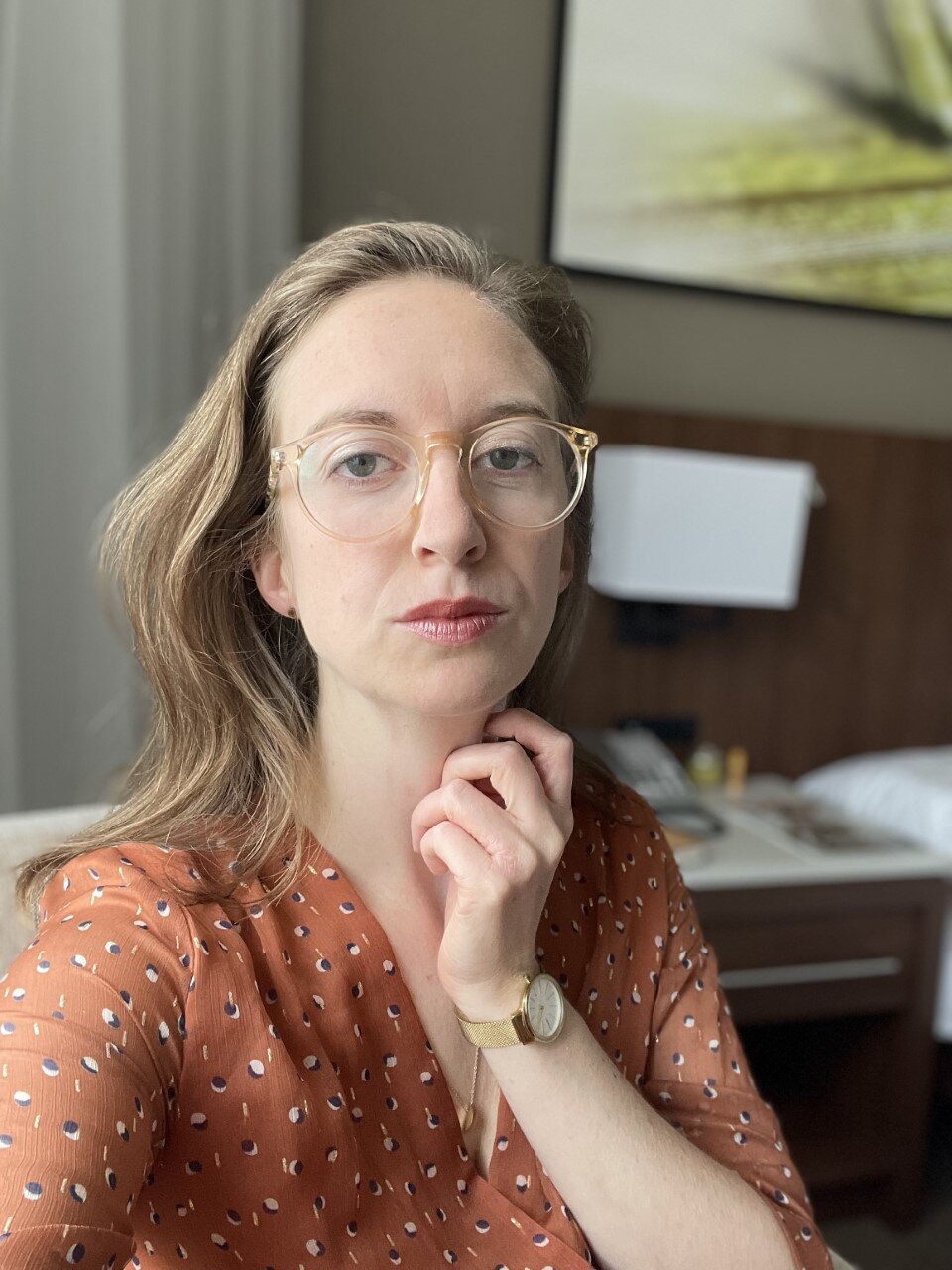
Reseed is hosted by
Alice Irene Whittaker,
a writer, mother, and environmental communications leader.
